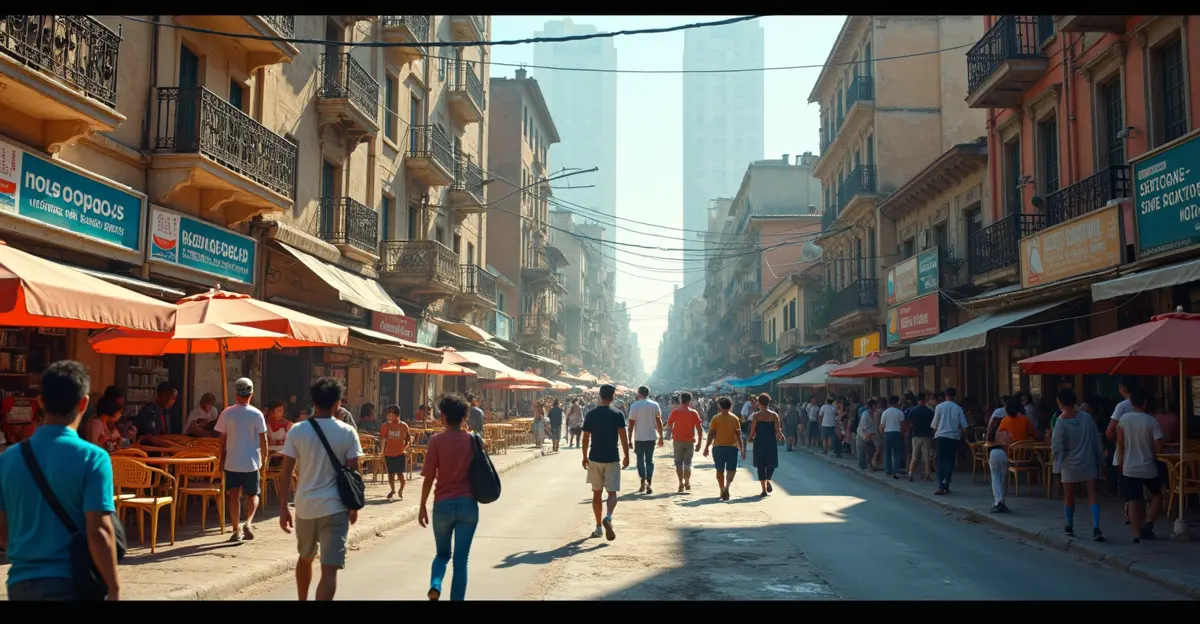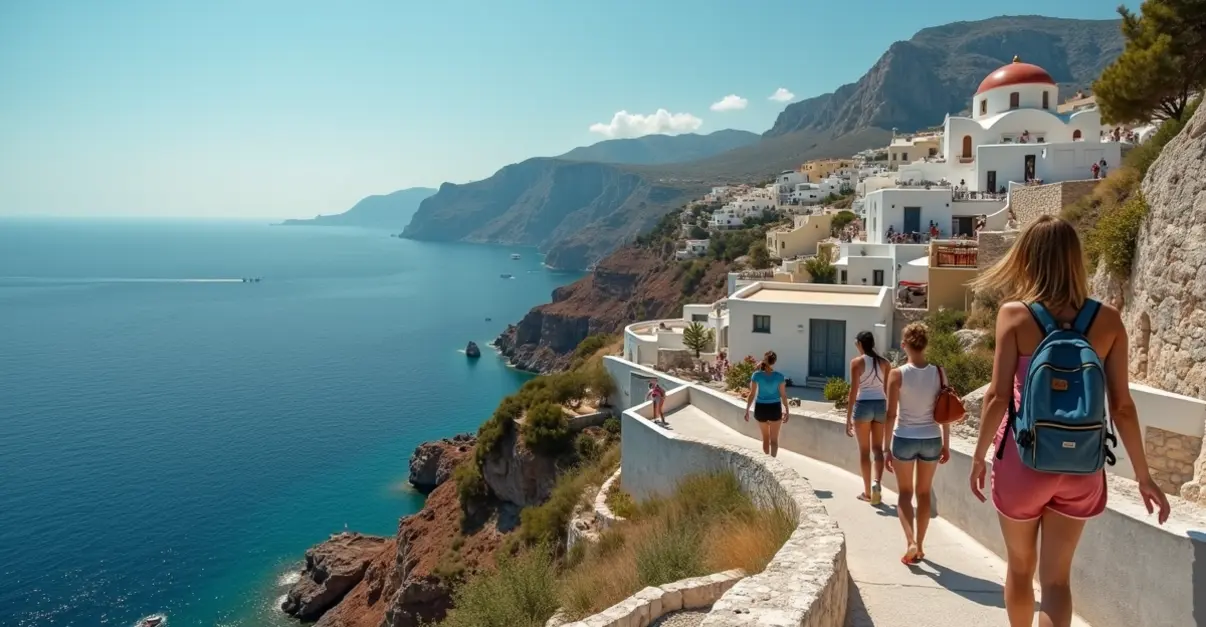Global Tourism Recovery Drives Economic Renaissance
The global tourism industry has made a remarkable recovery in 2025, reaching pre-pandemic levels with 1.4 billion international arrivals in 2024, but this resurgence is creating both economic opportunities and significant community tensions worldwide. The sector now accounts for 10% of the global economy, generating substantial revenue for local communities while simultaneously testing the limits of sustainable development.
Economic Benefits Transforming Communities
Tourism has emerged as a powerful economic engine, creating jobs across multiple sectors including hotels, restaurants, and transportation. Michigan saw 125 million visitors generating $27.3 billion in spending, supporting 324,000 jobs in 2025. Similarly, Florida's tourism industry underpins nearly 10% of the state's GDP, demonstrating how targeted investments in infrastructure and marketing create lasting economic benefits.
'Tourism has become our community's economic lifeline, creating opportunities for small businesses that were struggling just a few years ago,' says Maria Rodriguez, a local restaurant owner in Barcelona.
The Dark Side of Tourism Success
However, this economic success comes with significant challenges. Cities like Barcelona, Venice, and Lisbon are experiencing severe overtourism, with locals protesting year-round against overwhelming visitor numbers. Barcelona, with 1.6 million residents, received 26 million tourists last year, leading to anti-tourism protests where activists sprayed tourists with water pistols and demanded sustainable tourism models.
'We feel like foreigners in our own city,' explains Venetian resident Giovanni Moretti. 'The constant crowds and rising prices are pushing locals out of historic neighborhoods.'
Sustainable Solutions for Balanced Growth
The World Economic Forum's July 2025 Insight Report 'Travel and Tourism at a Turning Point' emphasizes the need for transformative growth principles. The report projects tourism will contribute $16 trillion to global GDP by 2034 but warns about environmental impacts, with tourist waste generation at 1.6 kg per person daily—double the global average.
UNDP's iCOAST initiative across 14 countries aims to transform tourism through four key strategies: strengthening policy frameworks, increasing access to sustainable finance, cleaning up supply chains, and fostering global knowledge exchange. The initiative focuses on making tourism nature-based, low emission, zero-waste, and resilient.
Community-Led Approaches Gaining Traction
Local communities are increasingly taking matters into their own hands. Barcelona has announced a ban on tourist apartment rentals by 2028, while other cities are implementing visitor caps and spreading tourist flows to less crowded areas. Regulating short-term rentals and investing in affordable housing have become key strategies to address the housing shortages exacerbated by tourism.
'We're not against tourism—we're against uncontrolled tourism that destroys our quality of life,' states protest organizer Sofia Martinez in Madrid. 'We need policies that benefit both visitors and residents.'
The Path Forward
The future of tourism depends on finding the right balance between economic benefits and community well-being. Sustainable tourism practices that embrace environmental protection, social equity, and cultural preservation are essential. As the industry continues to grow, stakeholders must work together to ensure tourism remains a positive force for local economies without overwhelming the communities that host visitors.
The current tensions highlight a critical moment for the tourism industry—one that requires innovative solutions, community engagement, and responsible policies to create a sustainable future where both tourists and residents can thrive.

 Nederlands
Nederlands
 English
English
 Deutsch
Deutsch
 Français
Français
 Español
Español
 Português
Português










